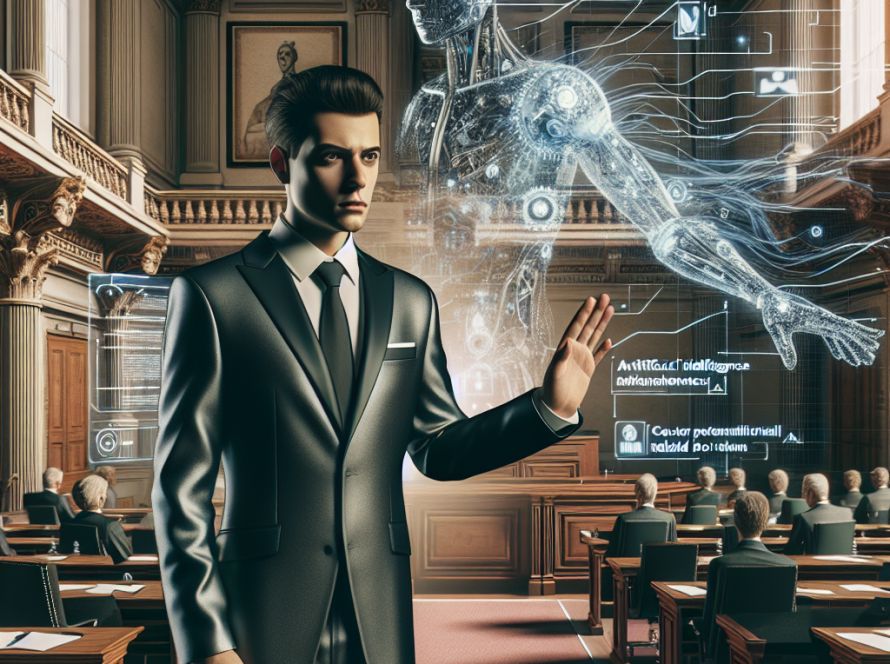Today, The New York Times (NYT) has filed a lawsuit against OpenAI and Microsoft for breaching its copyright by using its content to train their AI models. Although neither Microsoft nor OpenAI have confirmed the data used to train their models, it looks increasingly likely that it was a lot!
The Times tried to discuss the matter with both companies back in April, but after numerous attempts, the two parties were unable to come to a resolution, and in August, the lawsuit was filed. The NYT alleges that OpenAI and Microsoft’s AI models, such as ChatGPT and Bing Chat/Copilot, have deprived them of subscription, licensing, advertising, and affiliate revenue, as the bots are able to generate output that recites Times content verbatim, often without links to the original article. This also applies to the reviews website Wirecutter, as AI chatbots are able to reproduce content without providing the referral links.
Not only does this deprive The Times of income, but the lawsuit also claims that the tendency of AI models to sometimes generate factually wrong responses damages the company’s reputation. This is because these erroneous responses are attributed to The Times.
OpenAI, Meta, Microsoft, Stable Diffusion, and others have all been the subject of copyright lawsuits from authors, artists, and other creatives, with the defendants arguing that AI models do not make copies of the data they’re trained on. The Times lawsuit makes it difficult to argue this point, with examples of articles being quoted verbatim by both ChatGPT and Bing Chat/Copilot provided in the legal filing.
The lawsuit does not mention a specific figure, but it is believed that Microsoft and OpenAI should be held “responsible for the billions of dollars in statutory and actual damages that they owe for the unlawful copying and use of The Times’s uniquely valuable works.” The lawsuit also demands that all GPT or other LLM models and training sets that incorporate Times Works should be destroyed.
If this lawsuit is successful, it is likely that other media publishers will follow suit, and this could have a huge impact on the sustainability of high-quality reporting. It is understandable why many newspapers that failed to transition from print to an online presence are now defunct. The New York Times managed to make the transition successfully, but the question remains: how will news publishers manage the next phase of journalism in the age of AI?
Let’s hope that we get to keep both our AI models and human reporters! The New York Times’ lawsuit is an important reminder of the need to protect copyright and ensure that high-quality journalism is not only accessible, but also properly compensated.


